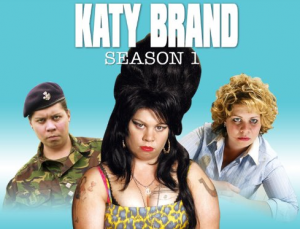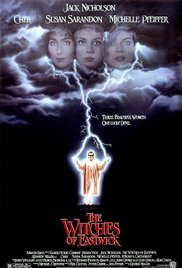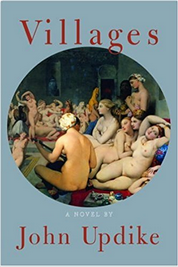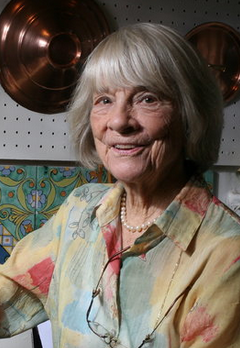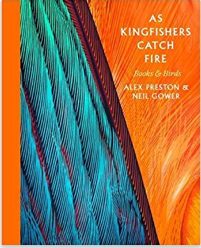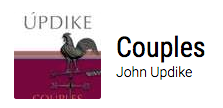Authors’ literary fortunes seem to rise and fall over time, but critical interest in John Updike has remained fairly steady over the years. Two books were published in the ’60s and six in the ’70s, when his reputation was still growing. The spike in interest came in the ’80s, when 16 critical books were published. The ’90s saw 11 more books on Updike published, and the 2000s another 10. So far this decade 10 books have been published on Updike, with two more forthcoming later in the year.
Updike Society members and Updike lovers are encouraged to ask their public and university libraries to purchase copies of the most recently published books on John Updike:
Batchelor, Bob. John Updike: A Critical Biography. Westport, Conn.: Praeger, 2013.
Begley, Adam. Updike. New York: HarperCollins, 2014.
Crowe, David. Cosmic Defiance: Updike’s Kierkegaard and the Maples Stories. Mercer, Ga.: Mercer University Press, 2014.
De Bellis, Jack. John Updike’s Early Years. Bethlehem, Pa.: Lehigh University Press, 2013.
Farmer, Michial. Imagination and Idealism in John Updike’s Fiction. Melton, England: Camden House, 2017.
Mazzeno, Laurence W. Becoming John Updike: Critical Reception, 1958-2010. Rochester, N.Y.: Camden House, 2013.
McTavish, John. Myth and Gospel in the Fiction of John Updike. Eugene, Ore.: Cascade Books, 2016.
Naydan, Liliana M. Rhetorics of Religion in American Fiction: Faith, Fundamentalism, and Fanaticism in the Age of Terror. Lewisburg, Pa.: Bucknell Univ. Press, 2016.
Plath, James. John Updike’s Pennsylvania Interviews. Bethlehem, Pa.: Lehigh University Press, 2016.
Rodgers, Jr., Bernard F., ed. Critical Insights: John Updike. Pasadena, Calif.: Salem Press, 2011.
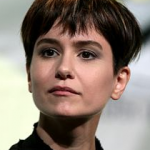 So what does John Updike have in common with Lee Miller, Slim Keith, Amelia Earhart, Buster Keaton, James Baldwin, Greta Garbo, Ian Curtis, Bill Cunningham, Lee Radizwill, Lauren Hutton, Humphrey Bogart, and Tony Leung (In the Mood for Love)?
So what does John Updike have in common with Lee Miller, Slim Keith, Amelia Earhart, Buster Keaton, James Baldwin, Greta Garbo, Ian Curtis, Bill Cunningham, Lee Radizwill, Lauren Hutton, Humphrey Bogart, and Tony Leung (In the Mood for Love)?
